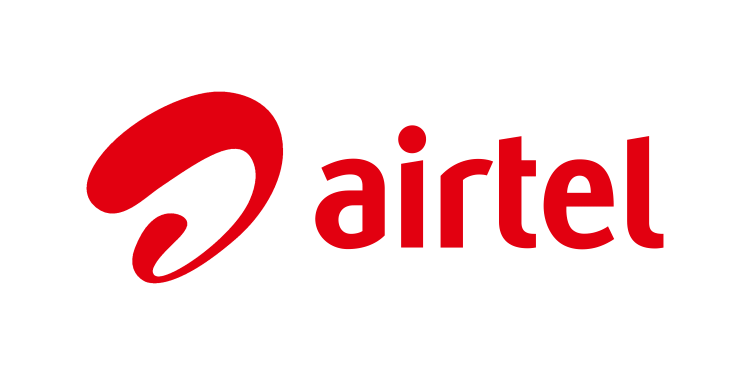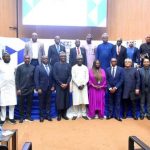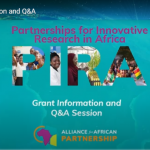The Nigerian Communications Commission (NCC) has granted three crucial telecom licences to Airtel Nigeria Telesonic Limited, a subsidiary of Airtel Africa, to bolster connectivity across the country. The licences include National Long Distance (NLD), Internet Service Provider (ISP), and Sales & Installation Major licences.
These licences, announced on the NCC’s website, will allow Airtel Nigeria Telesonic to expand its fibre network and build scalable infrastructure to meet the growing demand for data services in Nigeria. This move is expected to significantly enhance the country’s digital landscape, offering improved service delivery and wider coverage.
According to the NCC, the NLD licence, effective from July 1, 2024, will last for 20 years, enabling Airtel to establish and maintain networks that support long-distance communications, including voice, data, and video services within Nigeria. The ISP and Sales & Installation Major licences will be valid for five years, from July 1, 2024, to June 30, 2029.
Adeolu Ogungbanjo, President of the National Association of Telecommunications Subscribers, welcomed the development, emphasizing its potential to increase competition in the telecom market. “This is a good development. The more licences granted, the more we will have competition in the market. And when operators start to roll out their services, it will improve quality, and subscribers will enjoy that,” Ogungbanjo stated.
This move aligns with Airtel Africa’s broader strategy to revolutionize the continent’s data market. In February, Airtel launched Airtel Nigeria Telesonic Limited, a wholesale fibre arm, following the successful launch of its Nxtra data center business in December 2023. Segun Ogunsanya, CEO of Airtel Africa, highlighted that their focus is on bridging the digital divide and fostering innovation and economic growth through robust infrastructure.
Nigeria currently has about 35,000 kilometers of fibre optic cables, with plans to extend this by an additional 90,000 kilometers to improve connectivity and digital inclusion. This initiative is part of a national strategy aiming to connect all 774 local government areas and achieve 70% broadband penetration by 2025, according to the Ministry of Communication and Digital Economy.










